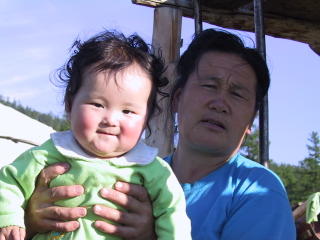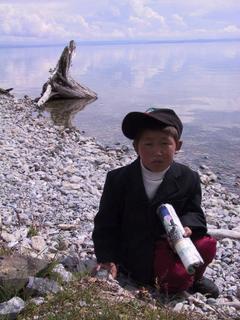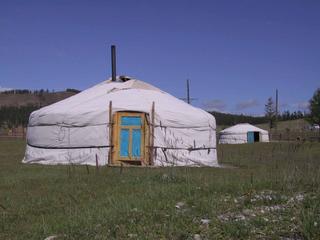They had slipped away again. Her breath, her thoughts. Scattered and strewn in every direction. Even now, in these moments of bliss. The consequence? A loss—and one for which she was deeply sorry. One manifested as moments missed, untouched. Vanished forever in the space between noticing and remembering to notice again. The space that fell sometime after awakening in the grey hours to the metallic clinks and scrapes of the woodstove hatch opening. To the sounds of kindling tumbling into the stove’s belly, of the flames’ first catching, of larger pieces of timber falling into place. Of the hissing, the crackling, the shifting of wood and flames. The space that crept in silently, unseen—concealed in the dim lighting of an earlier, less barren expanse, where breath and thoughts touched lightly, deliberately, on the being of things.
Wood, flames, presence, place. Her here and now of being curled up tightly on a low sagging cot, covered in thick, bright blankets and aligned along the left-hand curve of the ger’s wood and felt wall. Her here and now where the round woodstove squatted solidly, stoically at the center of the ger and her world. Warming, holding, protecting. Her here and now where the draft carried down through the circular smoke hole in the gently domed ceiling was harmless, tender. A gentle whisper escaping from the Mongolian countryside as it stirred, stretched, awakened with the spreading light.
But somewhere her light touch on each breath, each thought, each moment, had hardened, had gripped too tightly to one thought, one feeling or the next. And then the loss, of course, the slipping of moments into space, was inevitable. And it was only some time later (though just how much later she couldn’t be sure) that she came to. Caught herself, her mind, at it again. Doing, plotting, spinning. Flailing madly about with the ten thousand things. With where they were and might eventually be. And, in catching this, she of course knew that those missed moments, those lost in the space between then and now, could never be recovered.
Uncurling, rolling onto her back to chasten herself and stare at the cloth-covered ceiling, she dared hope for empathy. For answers. Why do we do that? How can we stop it? Why not touch lightly on each thing, on all things, without—sooner or later—clasping too tightly (and losing forever all that escapes our small, clenched fists)? But no answers came. So she sighed, let go, and began again.







